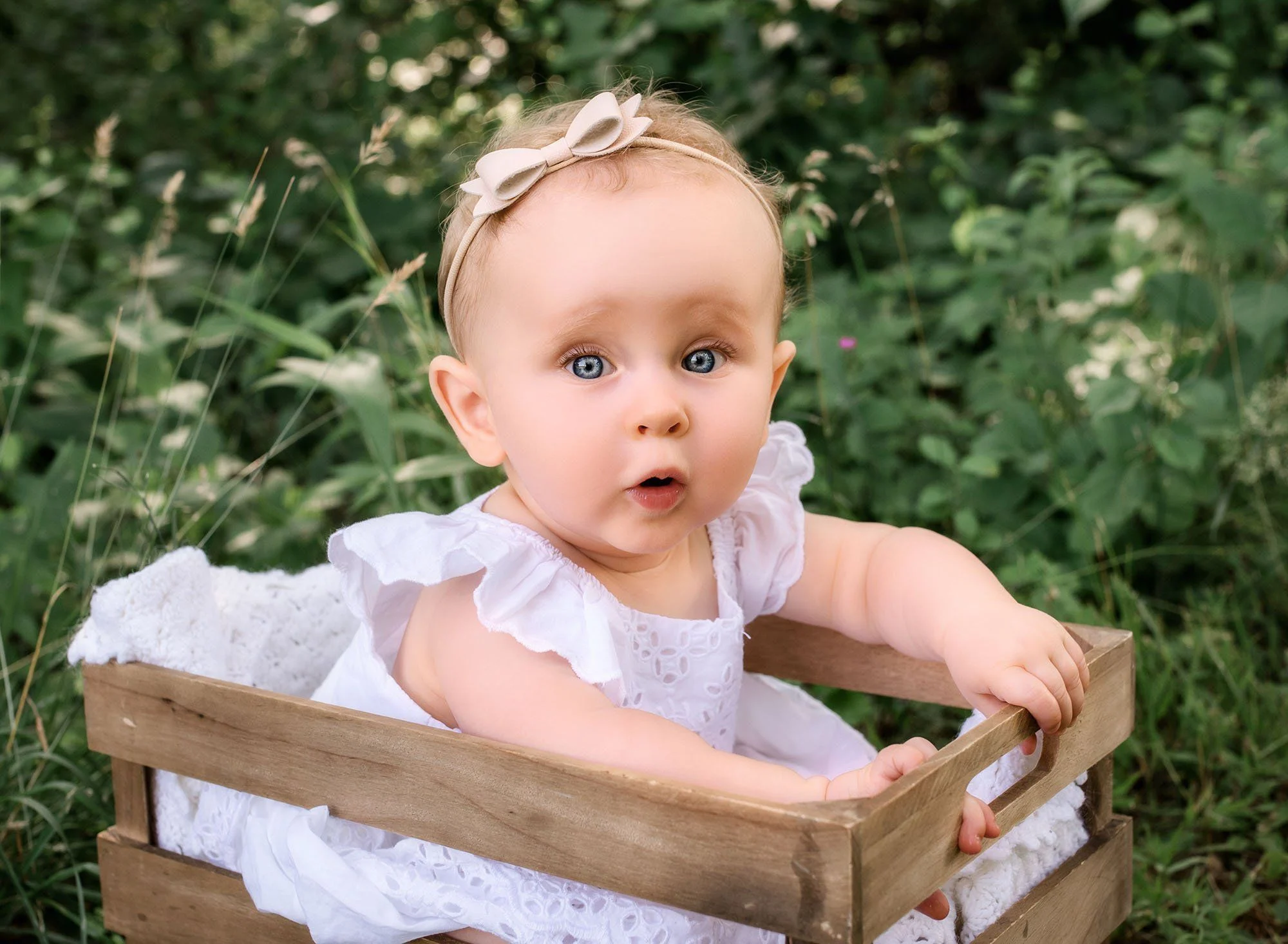My first pregnancy was a breeze, just like I assumed it would be for most women. But when I faced the devastating news of losing my baby, the term “miscarriage” felt like a dark cloud hovering over me. I thought to myself, “This can’t be happening to me—I’m young and healthy.” No one in my family had ever gone through this.
As doctors repeatedly used that term—miscarriage, miscarriage—I felt like it was an accusation against me. They asked if it was my first time experiencing this loss and reassured me that it was just an early miscarriage. But each time they said it, it stabbed at my heart more than any needle they used on me.
After my D&C, that word seemed to vanish. People avoided saying it, offering sympathetic glances, quick hugs, and flowers from my mother-in-law. The underlying message was clear: it was time to move on and forget about “this business.”
However, I am not one to just bottle things up. When someone inquired about my well-being, I told them the truth: I had lost my first child. When an old friend asked about my early pregnancy announcement, I told her it ended in a miscarriage. Surprisingly, nothing dramatic happened. No one fainted or ran away. Some averted their gaze, clearly uncomfortable with the topic.
But here’s what truly amazed me: when I shared my story, others began to share theirs. They would lean in, almost conspiratorially, revealing their own losses—whether it was their first baby or a sibling who hadn’t made it. Some were even friends who were currently grappling with a miscarriage and felt lost about how to process it.
What connected us? Most seemed relieved to share their stories. It was as if they were unburdening themselves. For instance, the woman whose friend had gone through a miscarriage asked me for advice on how to support her. She genuinely wanted to be there but felt unsure about what to say. Or the man whose sister had lost a child; he realized that he wasn’t alone in his confusion about why it happened.
It became clear that many were too afraid to confront the “monster” of miscarriage, leading to silence around a common experience. By bravely opening up, we could demystify the topic and lessen that monster’s grip.
Now, I talk about my miscarriage openly. It doesn’t have to be a somber topic; I share my experience candidly. Friends and family know I’m a safe space for discussing pregnancy loss, making it a more comfortable subject in my circle.
Imagine if this awareness spread. If more people felt empowered to share their stories and support one another. If women could grieve openly rather than hide in shame. What a world that would be!
For more information or support on this topic, feel free to check out this helpful resource. Also, if you’re interested in exploring home insemination options, you might find this at-home insemination kit to be an excellent choice. And if you have any questions, don’t hesitate to visit this blog post for further insight.
Summary
Miscarriage remains a taboo topic, often shrouded in silence and discomfort. By sharing personal experiences, we can foster open conversations that help alleviate the stigma surrounding pregnancy loss. Encouraging open dialogue not only supports those grieving but also helps build understanding and community around this common experience.
